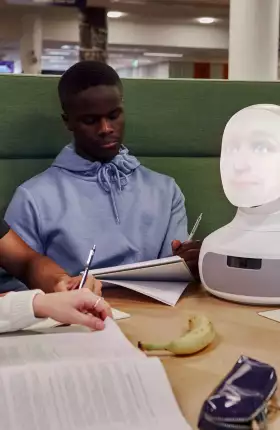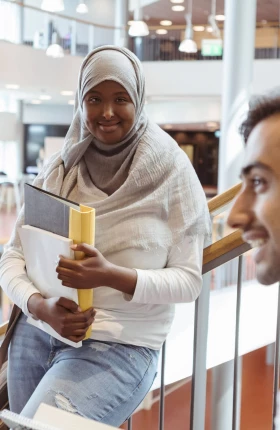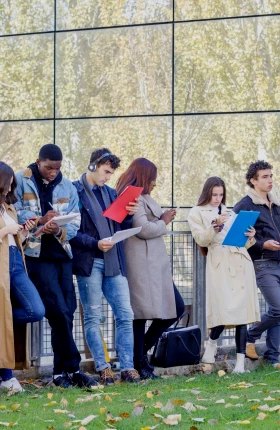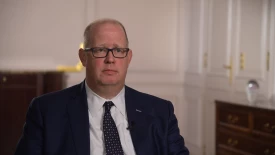An in-depth analysis of the US, Germany, and Australia shows how technology will disrupt labor markets by 2030—displacing millions of workers but creating new opportunities as well.
Featured Insights
Reskilling and Upskilling

Article
December 15, 2020
The Future Skills Architect tool enables governments and businesses to accurately and effectively address the problem of mismatched workforce skills and tasks.

Article
February 23, 2021
EdTechs have an opportunity to support enterprise partners in three areas: fostering learning cultures, cultivating learning communities, and building learning into the workflow.
The So What from BCG Podcast

Taking the Risk Out of Fair-Chance Hiring
BCG’s Lina Bankert and Cara Collective’s Kathleen St. Louis Caliento discuss how fair-chance hiring improves lives and the bottom line.
Closing the Digital Divide

Article
June 3, 2021
Inspired collaborations among educators, business, and policymakers to close the K-12 digital divide are paving the way for a brighter postpandemic future for US education.

Article
March 3, 2021
A remote-learning initiative in India suggests that smartphones could offer a low-cost solution to the digital education divide.
Subscribe to our Education E-Alert.
Subscribe to our E-Alerts on Education topics.
Higher Education

Article
July 27, 2023
As GenAI is poised to transform higher education, the technology offers many opportunities to unlock value and enhance experiences across institutions.

Article
April 14, 2023
Universities should pursue a variety of initiatives to ensure that students have the skills required for lifelong success in the modern labor market.

Article
April 26, 2023
Many American colleges and universities need to pivot strategically if they are to build a resilient future. We offer the University of Tulsa as a case study in how to succeed.

Article
July 17, 2023
BCG's Sacha Litman recently connected with the team at Edtech Insiders to discuss the future of higher education and the major developments that will shape the industry over the next decade.
Global Education
Video
July 14, 2020
How to Spread Innovative Ideas for Improving Access to Quality Education
When local educators work with international entities to implement high-quality educational programs simultaneously, the world moves closer to achieving United Nations Sustainable Development Goal 4.

Article
March 22, 2024
Experts anticipate that jobs will blossom over the next 50 years—even as technology becomes more prevalent and climate challenges persist.

Article
December 7, 2022
An analysis of 13 developed countries’ experiences with three education models for students with disabilities offers practical guidance for policymakers and educators.
The Future of Education

Report
May 17, 2022
Education is a powerful means of spurring behavioral change and collective action, cultivating green skills, ensuring a just transition to a sustainable economy, and building communities’ adaptive capacity.
Video
July 14, 2020
The Future of Work Is the Future of Education
Many employers complain that today’s graduates are unprepared for the work world they face. BCG Senior Partner J Puckett explains what education systems need to focus on in order to provide learners with the skills that the future of work will require.









